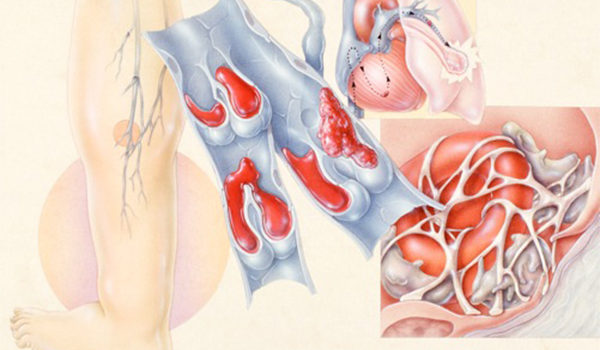

What Are the ICD-9 Codes Most Used by Urgent Care Centers?
These data from the 2012 Urgent Care Industry Benchmarking Study are based on a sample of 1,732 urgent care centers; 95.2% of the respondents were UCA members. Among other criteria, the study was limited to centers that have a licensed provider onsite at all times; have two or more exam rooms; typically are open 7 days/week, 4 hours/day, at least 3,000 hours/year; and treat patients of all ages (unless specifically a pediatric urgent care).
Read MoreNew vs. Established Patients, Medicare Exam, ICD-10 Delay
Q. A patient with Medicare as his primary insurance needs a physical and EKG for clearance for an MRI with sedation ordered by his neurologist. Symptoms are imbalance along with pain in the shoulder, neck, and upper spine. Can I use the pre-op code V72.81 because there is sedation even though there is no actual surgery? Or should I just get a signed Advanced Beneficiary Notice (ABN) and expect a denial? A. Yes, you can …
Read MoreAbstracts in Urgent Care: June, 2014
Modification of Wells criteria in cancer, previous DVT Key point: Wells criteria for deep venous thrombosis (DVT) may need modification for patients with cancer or previous DVT. Citation: Geersing GJ, Zuithoff NP, Kearon C, et al. Exclusion of deep vein thrombosis using the Wells rule in clinically important subgroups: individual patient data metaanalysis. BMJ. 2014;348:g1340. Possible DVT is an important diagnosis to make, however, many urgent cares do not have access to ultrasound. A combination …
Read MoreThe First Thing We Do, Let’s Kill All The Lawyers
DAVID WEIN, MD, MBA, FACEP, and DENNIS DIXON, MD I knew that would get your attention! Actually who Shakespeare was referring to in Henry VI was only the rare corrupt lawyer. Corrupt or not, the one thing lawyers have correct is that because their entire practice is “giving advice,” they rarely do it for free. Bad advice has consequences. I’m not trying to be Doctor Downer but in medicine and law, it’s called negligence. As …
Read More
Nasal Polyps
Urgent message: Differential diagnosis and careful attention to signs, symptoms and history are particularly important in management of patients with nasal inflammation. MOHAMMED NOMAN MOHIUDDIN, MD Overview Nasal congestion and sinus symptoms are common urgent care complaints. Recurrent sinusitis, either from allergies or upper respiratory infections is frustrating to patients. Proper evaluation and treatment of underlying predisposing factors will help alleviate symptoms and address the disease process associated with polyps such as those seen in …
Read More
An Urgent Care Operator’s Guide to Hiring and Managing a Lawyer
Urgent message: This article is a broad overview of how lawyers work and charge and what to do to avoid some of the most common pitfalls inherent in the attorney-client relationship. ALAN A. AYERS, MBA, MAcc Practice VelocitySuccess in business entails being prepared and there will be times when it’s unavoidably necessary for you, the urgent care operator, to engage the services of an attorney. From structuring and starting up the business, to reviewing and …
Read More
Outpatient Management of Deep Venous Thrombosis
Urgent message: Urgent care providers are on the frontline in diagnosis of DVT. Outpatient management is a consideration for carefully selected patients. SABRINA SOOD, MD Deep venous thrombosis (DVT) is formation of a clot in the deep venous system, usually in a lower extremity. Half of untreated patients with DVT will go on to develop the fatal complication pulmonary embolism (PE). Approximately 300,000 to 600,000 Americans die each year due to venous thromboembolism (VTE).1 Urgent …
Read MoreRisk Mitigation in Urgent Care: Part 3
Lee A. Resnick, MD, FAAFP In my previous column, I discussed three core areas where risk and potential liability exposure lurk and ways to mitigate that risk. This month, the last in the three-part series, I will focus on specific clinical policies and procedures that can effectively reduce liability risk and enhance patient safety, quality and patient satisfaction…the holy grail of high-performing practices. Eliminating ‘Pre-triage’ The term “pre-triage” is used to describe the all-too-common practice …
Read More
